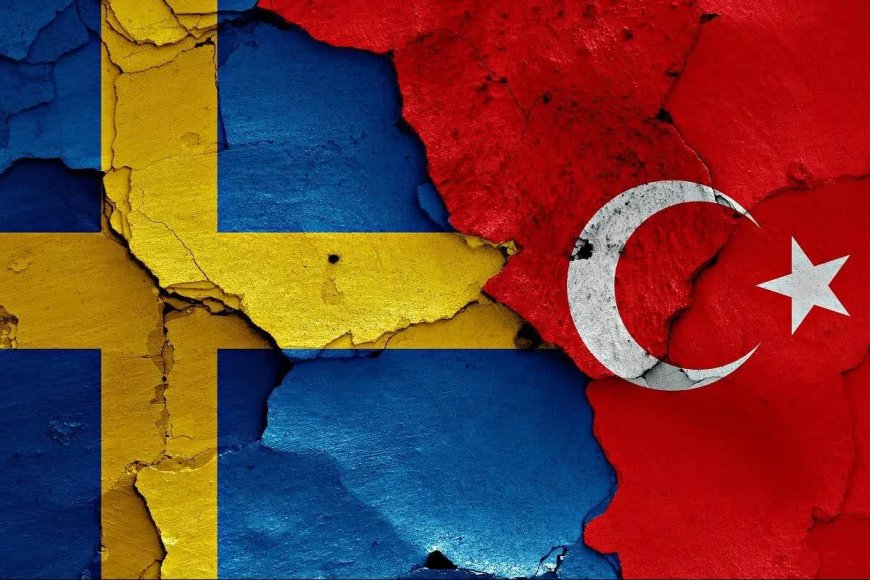Unmasking Islamophobia in Sweden and How It Serves Turkish Interests
Unmasking Islamophobia in Sweden and How It Serves Turkish Interests

Considering this offensive action, how will Turkey react to the recent events and the conflict with Sweden over the European Union?
The story goes back a few years. Turkey wants Sweden to return the refugees of the PKK group who took refuge in this country after the conflict with Turkey, which was faced with a delay in this European country. The start of the war between Ukraine and Russia stimulated countries like Sweden, which had a neutral policy, to join NATO as soon as possible. In the past, Sweden also wanted to join NATO, but with the start of the war in Ukraine, Swedish politicians seriously considered this demand.
Nevertheless, there is still a significant obstacle in the name of Turkey on this demand, which must be satisfied. Considering the derogatory act of burning the Holly Quran in Sweden, a new excuse or reason has arisen for Turkey to oppose this country's request to join NATO. With the initiatives of NATO, two countries, Turkey and Sweden, met in Madrid on a dispute, and agreements were made, but Turkey believes that Sweden did not fully adhere to those initiatives and has returned the regular or third-rate members of the PKK group to Turkey. Furthermore, this is not acceptable to Erdogan.
On the other hand, it is the story of Turkey's economic issues, which, due to Erdogan's pragmatic approach and the specific economic conditions of this country, which have declined sharply after the recent elections in Turkey, are expected to use the political playing cards of this country to solve economic crises. That is there to be used.
Amid the most challenging economic crisis in recent decades, Erdogan does not have much chance to resist and persist, and he has to think about the fact that each US dollar has exceeded 25 lira, and he must think of a solution for this situation and his playing cards. In light of the fact that the Turkish president recently won the election, critiquing him should no longer be the primary objective of this nation. Instead, it should address the complex economic situation in any way possible.
Providing for Turkey's military needs is also one of Erdogan's goals. Considering Turkey's military demands from the United States, such as the issue of selling new fighter jets to this country, which Washington opposed in the past years, the time has come to deal with these products. In the past, one of the conditions of the West for Turkey was not to receive military equipment from Russia for the military cycle of this country.
Another aspect of the story of Turkey's non-acceptance of Sweden is the Eastern Front's assessment of the geopolitical damage of the presence of Sweden and Finland in NATO. Considering the critical geography of these two countries, their presence in NATO is harmful to Russia and will bring NATO closer to Russia, and Russia's northern front will also face the risk of conflict with NATO's front. Finland shares a 1300-kilometre border with Russia, which is extremely attractive to NATO and narrows Russia's encirclement ring. The procrastination and stonewalling of Turkey in the path of the annexation of Sweden and Finland are problematic for the eastern front, but it should be seen whether this procrastination is to gain points from both the East and the West or whether Erdogan wants to choose his main front.













































